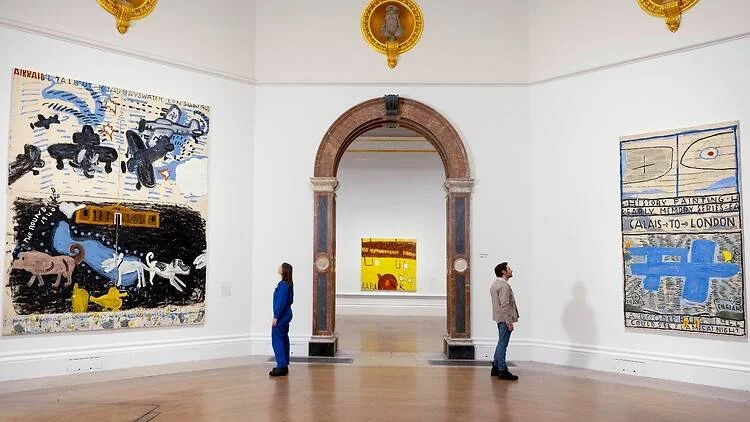Everything you need to know about carbon offsetting
As responsible Londoners, many of us have, at some point, come across carbon offset schemes. Usually you encounter them when you’re booking a flight. As one of the human race’s largest carbon emitters, the airline industry has come under fire (excuse the carbon-related pun) from environmentalists the world over.
Image: Elena Mozhvilo
But at the end of the day, almost every activity we undertake as a human in the Western world emits carbon dioxide. From shopping, to putting the kettle on, to charging your laptop, to watching TV, to even getting on the tube, we’re contributing to the emission of greenhouse gases.
A responsible and properly executed carbon offset scheme can help with that. While some have lambasted the idea of carbon offsetting for encouraging the rich to continue with their environmentally naughty habits, while not actually helping the environment, this is not the case. If you hear anyone tell you responsible carbon offsetting schemes don’t help the environment, then you can, with your hand on your heart, tell them they’re wrong.
The global population emits a finite amount of greenhouse gases each day. Properly executed carbon offset schemes lower the amount that stays in the atmosphere. Either by taking measures such as building solar power plants to reduce oil-based energy production, or by simply planting trees to absorb those emissions, every little helps to reduce that total sum of carbon dioxide in the atmosphere that is damaging to environment.
In addition, those who use carbon offset schemes, traditionally are trying to make an impact in their everyday lives also, according to research.
You’ll notice that I’ve specified that schemes must be properly executed throughout this article. This is vital, because badly run schemes can actually be damaging to the environment. As the Guardian reported, a well-known environmentalist author visited several offset schemes in India and wrote about some discrepancies she discovered. She found one scheme that refused to allow her to tour the site, where employees reported trees being chopped down and sold to the plant, which was designed to run on agricultural wastes.
These stories occur much closer to home also. UCL’s Professor Simon Lewis said in November 2019 that a scheme offered to customers by Ryanair, which allows people to pay €1 to offset the carbon impact of their flight, is a “green gimmick” and would only offset 0.01% of the airline’s emissions.
It's pretty safe to say Ryanair doesn’t do much right, but it’s hard to imagine any other airlines managing to execute a carbon offset scheme either. It’s like asking a dog to limit its own food consumption; we all know that dog will get fat.
One company that comes accredited by a number of organisations as a well-run offset scheme is Mossy Earth.
For £10 a month, the company will plant two trees per month, which you will receive a photo of, as well as the coordinates of where the trees are planted. In addition, they only plant native trees in conservation reserves in areas such as the Scottish Highlands and the Slovakia Floodplain.
One user particularly liked the opportunity to vote for new projects that Mossy Earth will support, such as the rehabilitation of salmon, hare or wolf populations in key areas.
#FLODown: If you need a good carbon offset scheme recommendation NOW, then read no further. Choose Mossy Earth. If you want to know more about the organisation, skip to the bottom of the article.
Words by Katharine Hidaglo











